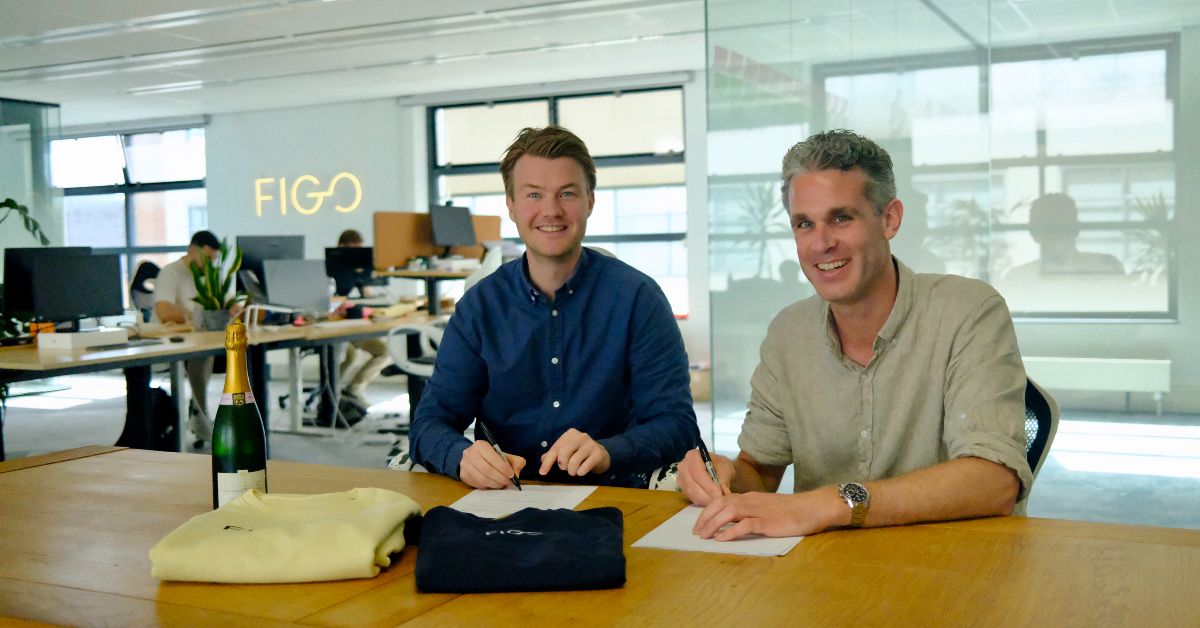“Office brainstorms are a waste of time,” says Sheena Iyengar, a professor at Columbia Business School who has spent the last number of years researching the concept and interviewing thousands of workers to back up her theory.
Interestingly, a lot of this research predates COVID, when the majority of workers were office based, and struggling to find quiet time.
In fact, the Harvard Business Review first touted the benefit of alone time back in 2015, claiming that workers often suffer social anxiety when expected to express new ideas in front of colleagues, and that brainstorming only works if all employees are willing to embrace change.
Since the pandemic, and the rise of hybrid working, research has continued and shows that working alone positively impacts creativity for many of the same reasons it did back in 2015.
Almost a decade later, we’re finally starting to realise that alone time is essential for innovation to flourish. Why do we become more creative when we spend time working alone, and why does brainstorming in groups hinder innovation?
Less Focus
Research has shown that solo work increases productivity, ultimately decreasing the time it takes us to complete repetitive tasks––leaving more time to focus on end goals.
What this means in terms of hybrid working, is that tasks that require collaboration can be completed quickly on in-office days. Thisleaves solo work days for the administrative tasks that, with distraction, can take double the time, so you’ll have more time for problem solving and creativity.
Lower Power Disadvantage
Low Power Disadvantage is a term coined by professors at Cornell University, and refers to the struggle mid level employees can have while trying to be creative at work.
Research shows that C-suite executives feel more comfortable brainstorming ideas because their seniority ensures they’re listened to, while their insight into company pain points and future plans means that their ideas are rooted in data workers don’t always have access to.
By brainstorming alone, you’re better able to pitch ideas without fear of reaction.
Outdated Business Models
Not all companies are created equal, and group brainstorming only works if all levels of staff are willing to listen to ideas and embrace change. If you’ve tried to innovate or suggest creative solutions, only for it to fall on deaf ears, then it may be time to realise that the issue isn’t with your ideas, but with the company culture.
The Silicon Canals Job Board is full of innovative companies which encourage hybrid working and creative problem solving. If your current employer seems immune to creativity, one of the three highlighted below (all of which are hiring for a number of roles) could be a better fit.
Market Risk Manager, Revolut, London
The Role: The Market Risk Manager with Revolut will work at the cross section of many teams and identify, quantify, and manage Revolut’s market risk arising from its activities across a variety of markets.
The Responsibilities: You will work to focus on FX (fiat and crypto) and rating covering treasury and trading activities of Revolut worldwide, including a growing investment portfolio, while working with treasury and trading desks to ensure that all relevant market risk factors are properly identified and captured in risk systems.
The Requirements: You will have at least five years’ of experience in a market risk role or related discipline, preferably in a global firm with centralised risk governance of subsidiaries alongside an understanding of key risk factors for FX forwards and options, fixed income securities and IR derivatives and how they are measured.
Apply for the Market Risk Manager role or browse all available opportunities at Revolut.
Senior Product Manager – Onboarding, Checkout.com, Berlin
The Role: Checkout.com is seeking a Senior Product Manager to join its Identity & Access Management team, based in the Berlin office.
The Responsibilities: You will use research and data to discover opportunities to continuously improve the experience, craft strategy and define clear roadmaps for Identity & Access Management experience.
The Requirements: Five to seven years’ of experience in product management experience is required, as is the ability to build relationships across the organisation with high levels of emotional intelligence and influence.
Apply for the Senior Product Manager role or browse all available roles at Checkout.com.
Backend Software Engineer, SumUp, Berlin
The Role: As Backend Software Engineer with SumUp you will be working on further developing and building SumUp’s Sales and Order experience – one of the most frequented journeys merchants go through on a daily basis.
The Responsibilities: You will be responsible for developing backend services and APIs that allows managing sales and orders while actively providing code review feedback to other software engineers, considering both style and implementation.
The Requirements: You have three years’ commercial experience, and a proven track record in developing software with Kotlin and/or Java. You can also comprehend the differences between relational and non-relational databases.
Apply for the Backend Software Engineer role or browse all available opportunities at SumUp.










01
From telecom veteran to Dutch Startup Visa success: The Jignesh Dave story